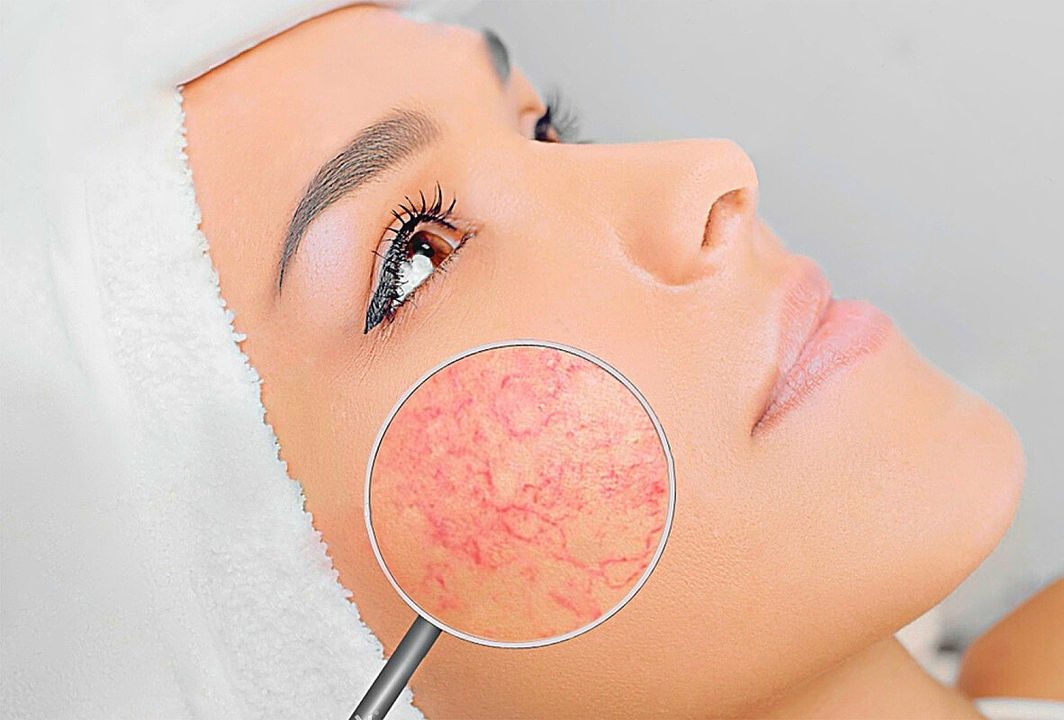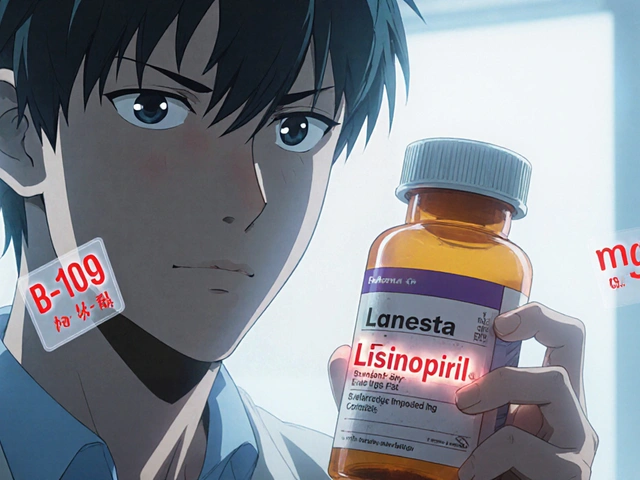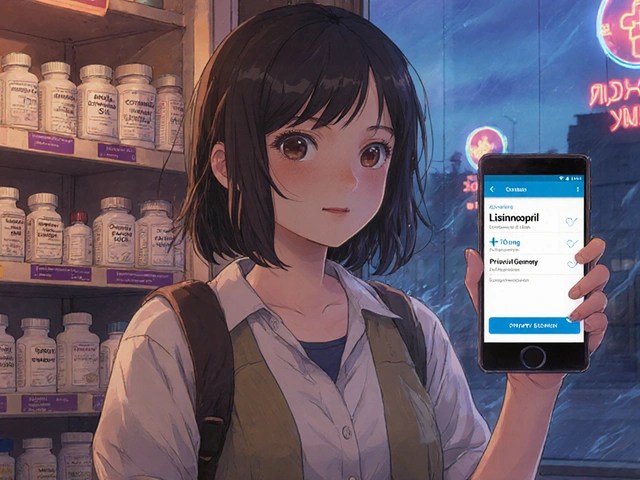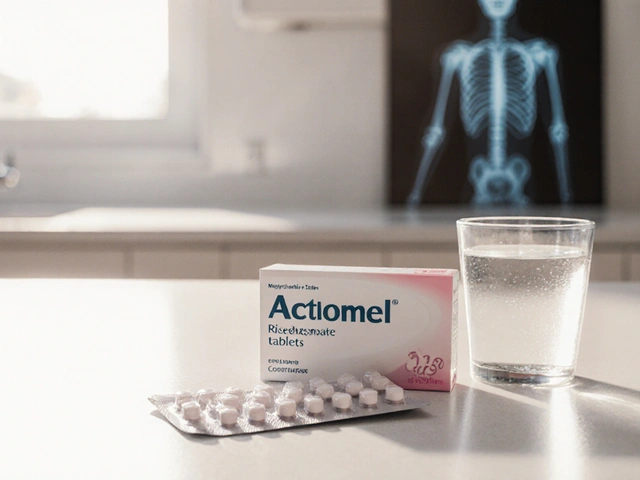Isotretinoin: What It Does and How to Use It Safely
Isotretinoin is a powerful oral medicine for severe acne that hasn’t responded to other treatments. It often clears nodules, cysts, and long-standing acne that creams and antibiotics can’t fix. Because it works so well, it also carries serious risks — especially to unborn babies — so you need clear info before you start.
How isotretinoin works, who should take it, and dosing
Isotretinoin shrinks oil glands, reduces oil production, and slows the clogging that leads to acne. Dermatologists usually reserve it for nodulocystic acne, scarring acne, or acne that keeps coming back after other therapies. Typical dosing starts around 0.5 mg/kg per day and may increase to 1 mg/kg/day based on response and side effects. Courses usually last 4–6 months, and many people reach a lasting remission after one full course; sometimes a second course is needed.
Never decide dose or duration yourself. A dermatologist will pick the right plan based on body weight, acne severity, and lab results.
Safety, monitoring, and practical precautions
Pregnancy risk is the biggest concern: isotretinoin causes severe birth defects. People who can get pregnant must follow strict birth-control and testing rules — that usually means negative pregnancy tests before, during, and after treatment plus reliable contraception. If there’s any chance of pregnancy, don’t take isotretinoin.
Common short-term effects: very dry lips and skin, nosebleeds, itching, and increased sun sensitivity. Labs may show higher triglycerides or liver enzymes. Your doctor will order blood tests at baseline and during treatment to check lipids and liver function. If numbers get high, dose changes or stopping the drug may be needed.
Watch for mood changes or new headaches. Severe or persistent mental-health shifts or signs of increased intracranial pressure (bad headaches, vision changes) need urgent medical review. Avoid vitamin A supplements and be cautious with alcohol — both raise risk for side effects.
Avoid taking tetracycline antibiotics at the same time; the combo can increase the risk of intracranial hypertension. Tell your prescriber about all medicines and supplements you use.
Skincare matters while on isotretinoin: use a gentle, non-foaming cleanser, a thick moisturizer, and daily sunscreen. Lip balm is essential. Skip harsh peels, waxing, or laser treatments until your provider clears them.
Thinking about buying isotretinoin online? Get it only from a licensed pharmacy and only with a valid prescription after a proper medical consult and required tests. Many unsafe sites sell counterfeit pills that can harm you or do nothing at all.
Isotretinoin can change life for people with severe acne, but it needs respect. Talk openly with your dermatologist, follow testing rules, protect against pregnancy, and report side effects quickly. That way you get the benefits while keeping risks low.
In my recent research, I've discovered that Isotretinoin, a powerful acne medication, may also be an effective treatment for rosacea, a common skin condition. It appears that this medication can help reduce inflammation, redness, and facial flushing associated with rosacea. However, it's important to note that Isotretinoin can have significant side effects and should only be used under the supervision of a dermatologist. I've found that many people with rosacea have seen improvements with this treatment, but it's crucial to weigh the benefits against potential risks. If you're considering Isotretinoin for your rosacea, make sure to consult with a healthcare professional first.
Read more






